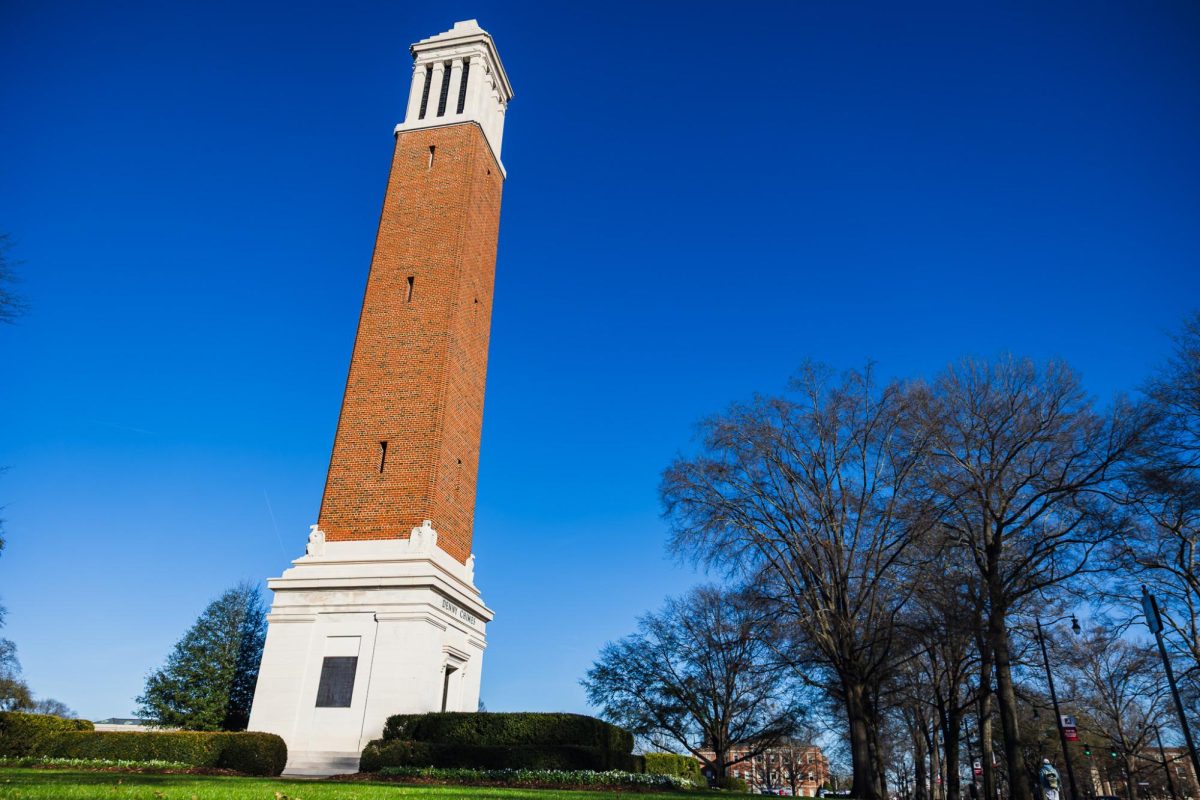American Rivers, a national conservation organization, has named the Black Warrior River as one of America’s Most Endangered Rivers due to local coal mining pollution.
American Rivers has published the Most Endangered list annually for 26 years, Southeast Regional Director Gerrit Jobsis said. The organization is based in Washington D.C. and focuses on clean water for people and wildlife, protection of rivers and critical landscapes, and restoration.
“American Rivers is looking to protect healthy rivers for healthy communities,” Jobsis said.
The Black Warrior is listed eighth out of ten on the 2011 Most Endangered list. Although pollution is a hot button issue, “most endangered” does not necessarily mean the river is contaminated or is the dirtiest, he said.
“Endangered doesn’t mean polluted – it [the list] focuses on rivers that have an active threat endangering the long-term health of that river system,” Jobsis said. Coal mining, he said, is the active threat against the Black Warrior.
According to blackwarriorriver.org, about 95 coal mines operate along the Black Warrior watershed. These methods can contaminate Black Warrior streams with heavy metals, polluting local waters used for fishing, recreation and drinking water for the greater Tuscaloosa and Birmingham areas.
Eva Dillard, staff attorney for Black Warrior Riverkeeper, said the organization worked hard to include the Black Warrior on the list because of vital decisions concerning the river that will be made in the near future.
“It’s not the dirtiest rivers, but rivers that are facing a critical point where there’s a decision that can affect their future is a positive or negative way,” Dillard said.
The critical point is Nationwide Permit 21, a general permit used by the Army Corps of Engineers that has allowed coal mines across the Appalachian coal mining region to operate, Dillard said.
The Army Corps of Engineers has suspended the use of NWP 21 in all other Appalachian states, yet continues to issue multiple permits in Alabama, she said. The permit comes up for renewal in 2012.
“What’s significant for us is that the Army Corps stopped using rubber stamps permits in other Appalachian states because they acknowledged that the permit was doing harm,” Dillard said. “We don’t understand how they can justify suspending the rubber stamp permit in other states but still use it in Alabama.”
Jobsis echoed Dillard’s sentiments.
“Why is Alabama the only state in the Appalachian coal region that is still allowing these nationwide permits where the agencies don’t conduct thorough environmental analysis to ensure that these are safe projects,” he said. “It should be in the best interest of the public, of society – not the coal mining companies.”
The proposed Shepherd Bend mine, which would be located in part on land owned by the University, is a part of the problem, Dillard said.
“Shepherd Bend is just another issue presented by coal-mining,” she said. “We’re asking that if mining be done in the watershed, it be done with the appropriate permit limits and in the appropriate places. We believe that a place that provides drinking water for 200,000 is not a place to place this mine.”
Dillard said she believes the inclusion of the Black Warrior on the Most Endangered list is a positive event, and hopes it will bring more awareness to the problems the river faces.
“We were pleased by the designation because it gives us an opportunity to educate people on some of the threats of the river,” she said.
Jobsis urges University students and Tuscaloosa residents who are concerned about Black Warrior conservation to get involved, even if it just means spreading the word on Facebook or Twitter.
“People should realize that they can make a difference, and they can only make a difference if they get involved,” he said. “I encourage them to use social media to post this information to help spread the word among their friends and contacts, that this is an important issue for Alabama and people in the Black Warrior area.”
You can learn more about Black Warrior’s inclusion in America’s Most Endangered Rivers list at americanrivers.org.









